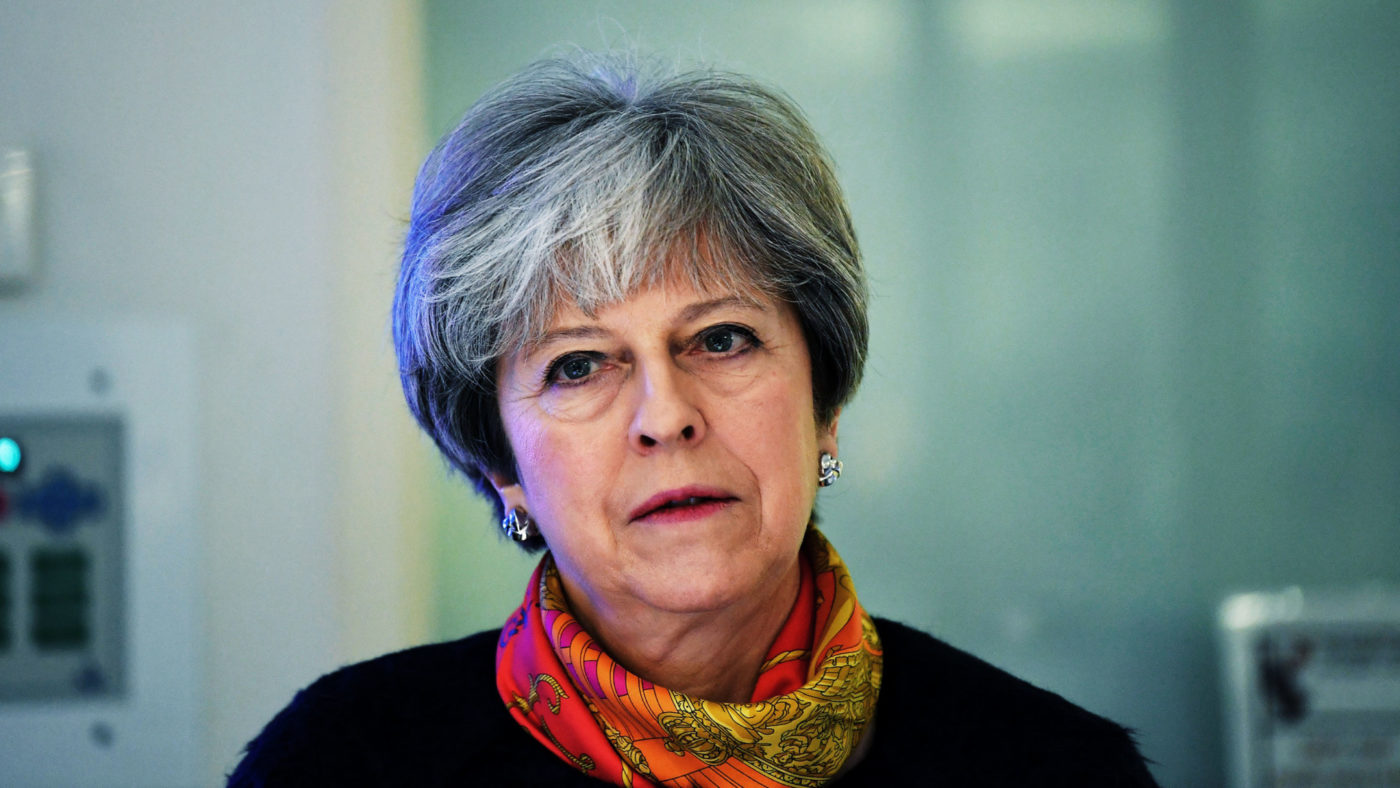Making political predictions is a dangerous thing to do these days. But that hasn’t stopped many in Westminster forecasting that 2018 will be, by recent standards, a reasonably calm year in British politics.
It looks likely to be the first year in five without a major election or referendum. And while the Brexit tensions behind so much of 2017’s mayhem certainly haven’t gone away, negotiations over Britain’s future relationship with the EU aren’t expected to come to a head until the autumn.
At that stage there is, of course, a chance that those tensions are stretched past their elastic limit. The talks in Brussels could come to an acrimonious halt or Parliament could reject whatever deal is reached. Given the Prime Minister’s lack of a majority and her weak position within her party, the consequences of a misstep could be high.
That said, the odds are in favour of neither of those things happening: Brussels brinkmanship will probably be just that and a majority of politicians in Westminster are likely to decide that – contrary to the Prime Minister’s famous words – a bad deal is better than no deal.
In the meantime, you might think that the biggest beneficiary of this moment of calm is Theresa May. The Prime Minister could do with catching her breath and, for the first time in a while, setting the agenda herself rather than having it set for her.
While she will doubtless welcome the comparative quiet, I’m not sure that it will suit her. Agenda setting isn’t May’s forte. She has repeatedly failed to convincingly flesh out exactly how she plans to tackle the burning injustices she spoke of in her first remarks as Prime Minister.
Early on, she made a virtue of her knack for ‘getting on with the job’. By now it should be clear that running the government requires vision as well as diligence. Brexit has hidden this shortcoming; in fact, the complexity of extricating Britain from the EU has so far helped Theresa May in two ways.
First, because it can be done in a fairly bureaucratic manner that suits the details-oriented style that May has brought from the Home Office to Downing Street. Secondly, it answers the question ‘what is the point in Prime Minister Theresa May?’ In the eyes of Conservative MPs, the clearer the outline of our future relationship with the EU becomes, the more expendable May gets. The devil makes work for idle hands.
In any case, to predict a period of calm is to misunderstand the nature of government. Recent political history has left too many thinking that governing during ‘ordinary’ times is straightforward. This week’s announcement that the NHS was so stretched that non-urgent operations would have to be delayed at least until February was surely a reminder of how misguided that idea is.
May’s weak position raises the stakes in everything she does, but even a leader at the height of their powers can fall prey to events.
In his excellent memoir of working in Downing Street, Tony Blair’s former Chief of Staff Jonathan Powell says he realised the power of crises to appear out of nowhere and become an existential threat in 2000, during the now only faintly remembered fuel crisis. Something as simple as a protest by hauliers over the price of petrol nearly brought the country to a halt. ‘The public never realised quite how close we had come to shutting the country down on 13 and 14 September 2000,’ he writes. ‘Hospitals were about to close due to a lack of fuel; cashpoints were about to run out of money.’
When a crisis arrives, a Prime Minister must display the competence needed to keep a volatile situation under control in the short term, while also identifying the policy changes needed to address the deeper problems behind the flashpoint. In other words, they need to be tough on crises, tough on the causes of crises.
And so while there is good reason to believe that British politics will be in something of a holding pattern at least for the first half of 2018, that doesn’t mean life will be easy for the occupant of Number Ten. It never is.
This article is taken from CapX’s Weekly Briefing email. Sign up here.


